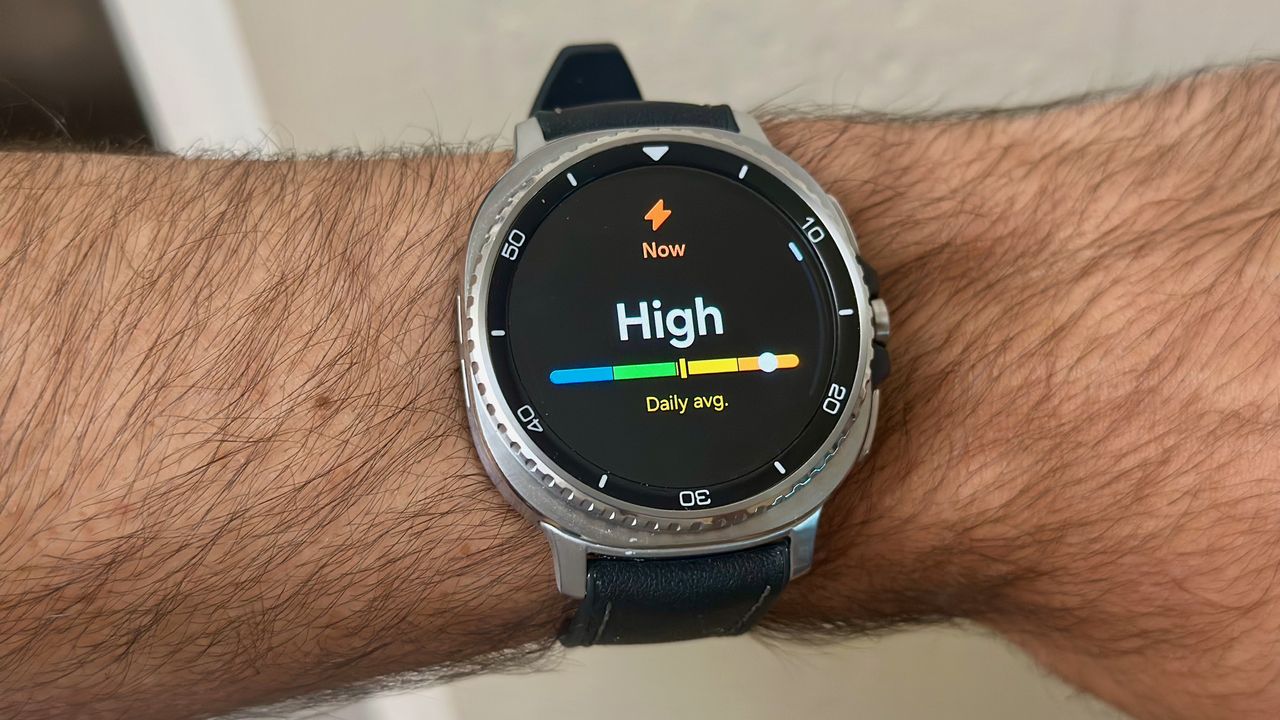
Galaxy Watch owners have noticed an influx of frequent high-stress alerts since updating to One UI 8 Watch, despite no change in their lifestyle. Whether it's a glitch or a hypersensitive new algorithm tracking stress levels, Samsung isn't the first smartwatch brand to confuse and stress its users with sudden data changes, and it won't be the last.
Android Authority first called attention to Reddit posts from Galaxy Watch 7 owners complaining of multiple high-stress warnings per day, having never gotten them before the Wear OS 6 update. They also replicated the issue on a Galaxy Watch 8.
I neglected to notice stress data issues during my Galaxy Watch 8 Classic review period. But strapping it on today, I noticed that the watch leaps from Relaxed at my desk to Moderate or High at the slightest provocation. Some feel legitimate, like getting excited while watching a basketball game. But other times, I get Moderate stress simply from standing, or High while pacing around the house.
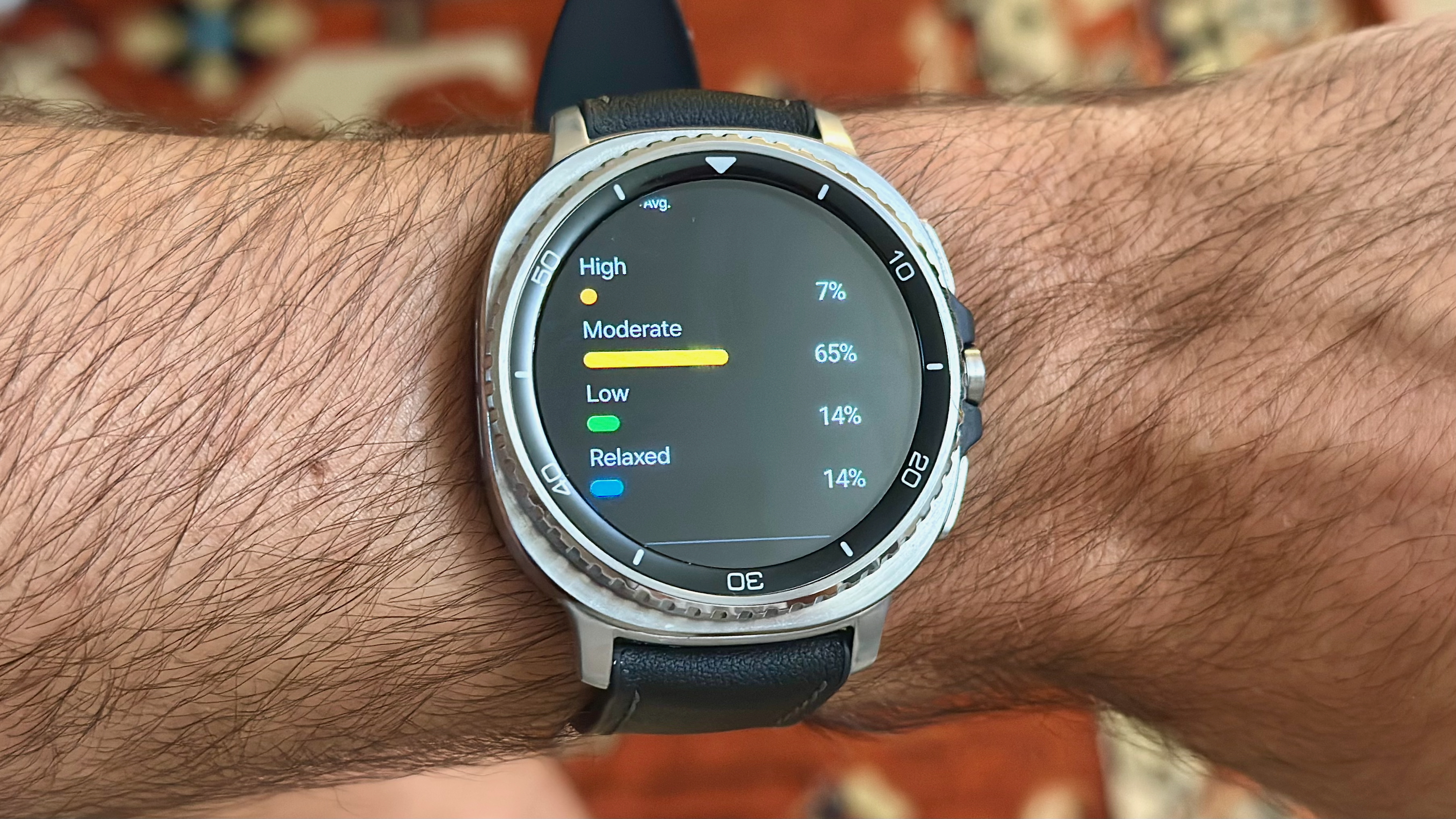
I'm certainly not stressed, and I flatter myself to say I'm in good enough shape that walking doesn't strain my heart. Something changed behind the scenes in how Samsung determines stress. But because the switch is so drastic, people are more likely to disable alerts and ignore the Stress widget than suddenly assume they've been stressed the whole time.
SamMobile reported a similar (but inverse) issue earlier this month: Galaxy Watch owners suddenly went from moderate Sleep Scores to earning 99 or 100 ratings after normal nights of sleep. If your smartwatch data is too good to be true, why listen to it?
We're at the stage with smartwatches and smart rings where companies want them to offer medical insights, measuring for signs of hypertension in Apple Watches, heart failure in Galaxy Watches, or Loss of Pulse in Pixel Watches. In moments like this, though, it's a reminder that smartwatches need to establish trust with the people wearing them, or they'll ignore warning signs.
Behind-the-scenes smartwatch updates, good or bad, break users' trust
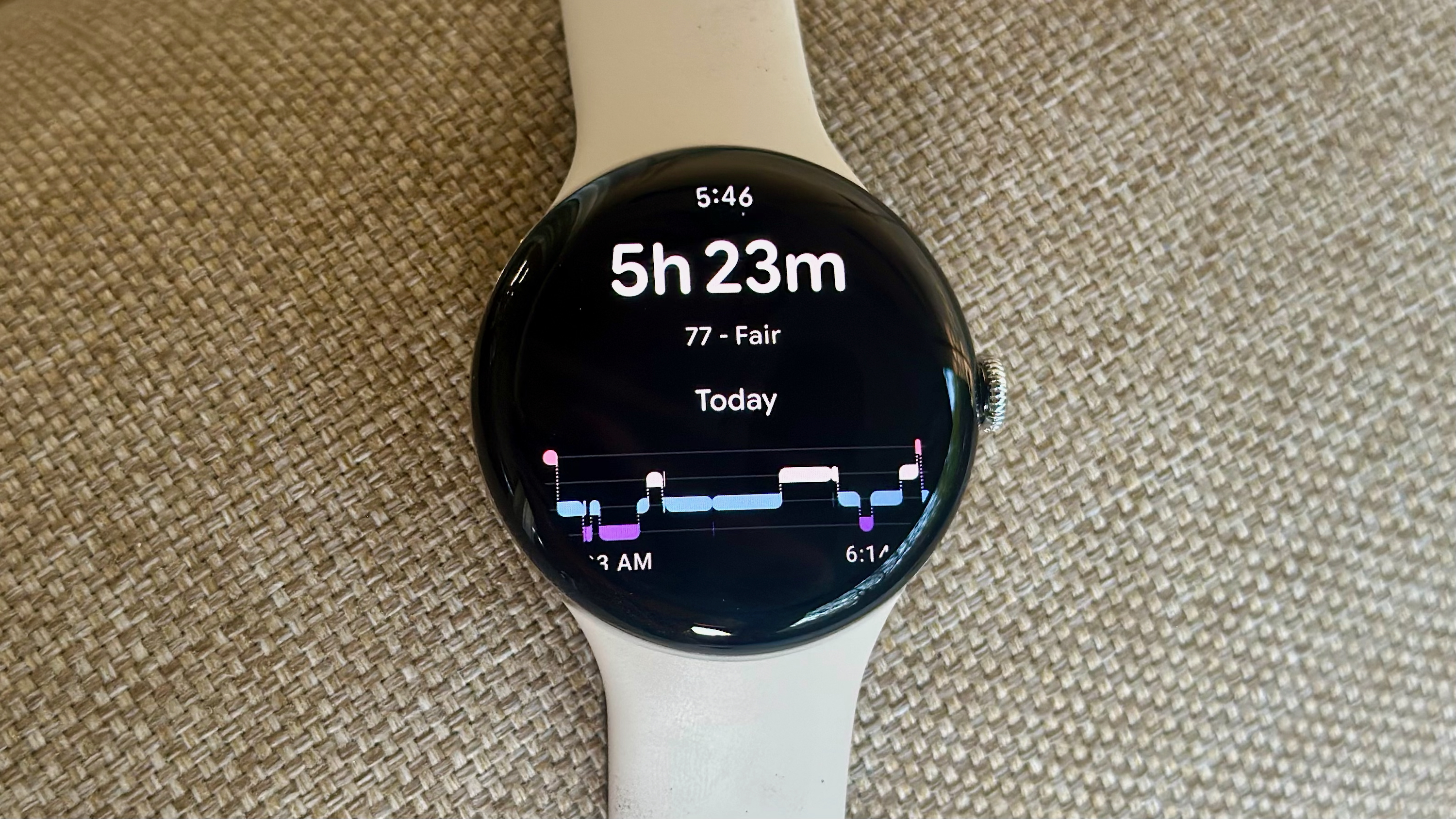
In August, Fitbit announced that "your sleep tracking just got more accurate" in a forum post, explaining that their new tracking system could now "capture brief awakenings the old system missed" on all Fitbit trackers and Pixel Watches.
Earlier in the summer, Fitbit users on Reddit were complaining that their scores had suddenly become too high for the sleep quality. So this stricter algorithm switch gave people whiplash, their scores plummeting and awake scores skyrocketing.
People using these devices daily buy into the algorithm, so a sudden change shakes their trust in the device and makes them feel foolish for trusting the old data. Why fix a problem when the device used to reassure that there was no problem?
Plus, even though the Quantified Scientist performed an EEG test that showed the new Fitbit algorithm is more accurate, it's difficult to say if his experience is universal, or if watches do better with some body physiologies than others.
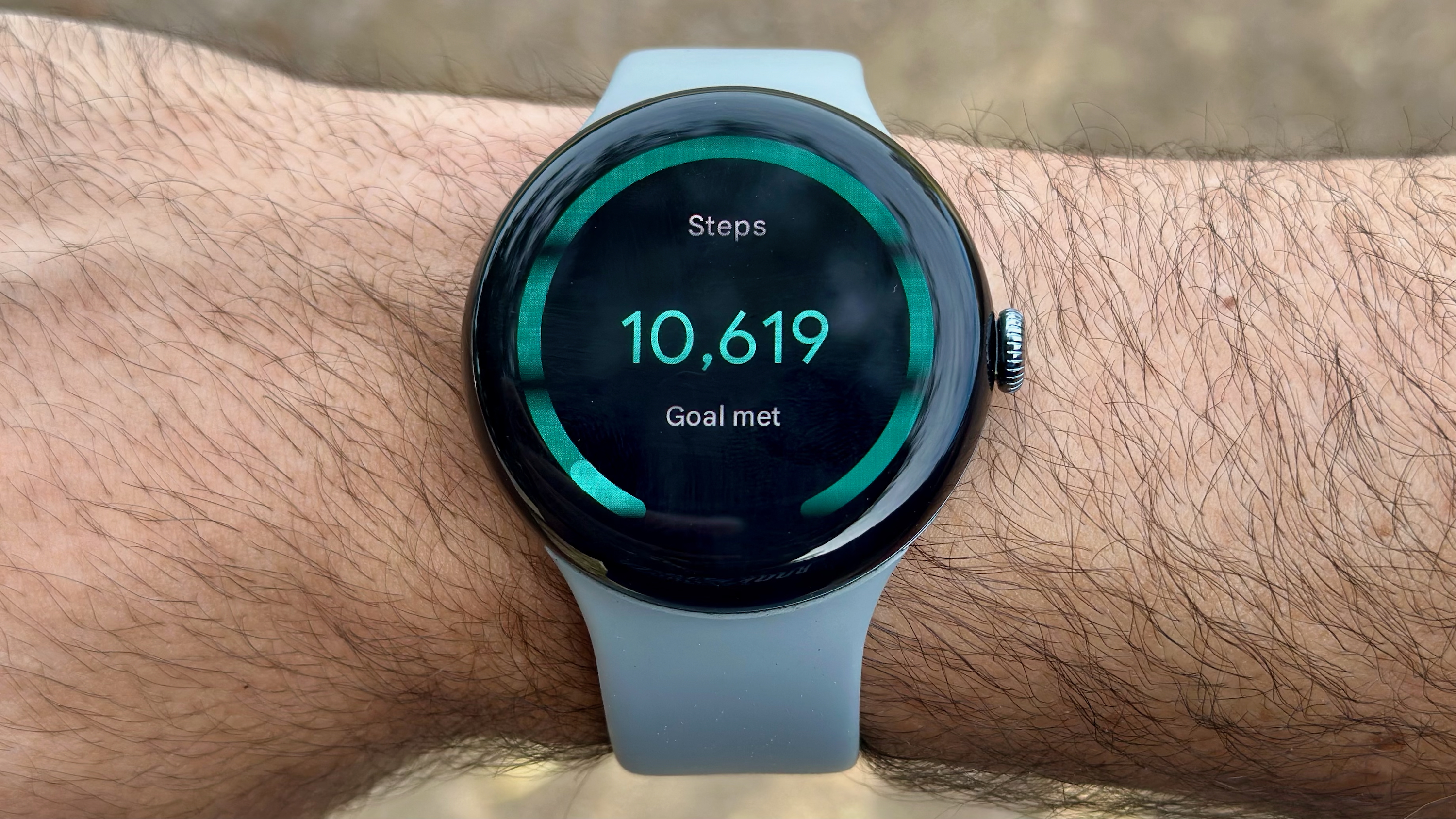
On a similar note, Google released a new step count algorithm in March 2025 designed to detect more "challenging" steps like walking with a stroller, shopping cart, or trekking poles, or pushing a wheelchair. A month later, Google had reverted to the old algorithm.
I tested the algorithm and found it did surprisingly well for challenging use cases, exactly as advertised. But other users experienced hugely inflated step counts, and Google found it easier to return to the old system that tracked normal steps relatively well than try to solve these "certain scenarios" where things went wrong.
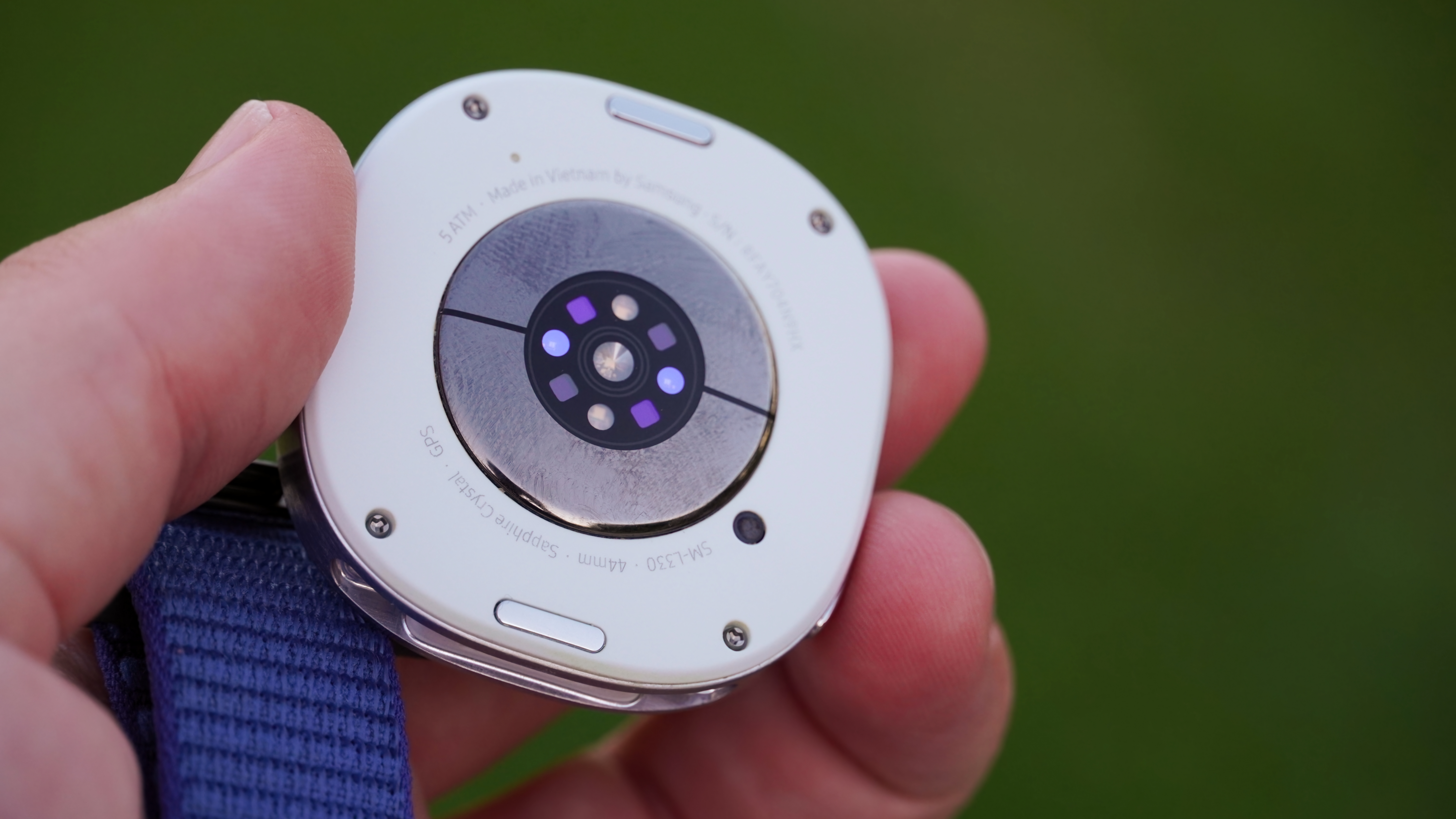
Samsung's new stress algorithm might be totally off, or it might be closer to accurate than the old system was, just overzealous. Other watches measure my stress as much lower, but there's no way to test if they're more accurate, even if I'd prefer them to be.
I can compare heart rate against a chest strap, GPS against my actual location, or steps against a physical count. And other stats like passive AFib detection require FDA approval for accuracy. But there will always be "wellness" stats like stress where we can only rely on faith in a brand.
I'd rather these watches give me accurate data than sugarcoat things; if I'm constantly stressed, tell me. But maybe these brands need to be smarter about easing us into massive algorithm changes. Tell us ahead of time that our results might change, and why we should believe the results, instead of assuming we'll blindly accept that we're living much less healthily than we thought.







